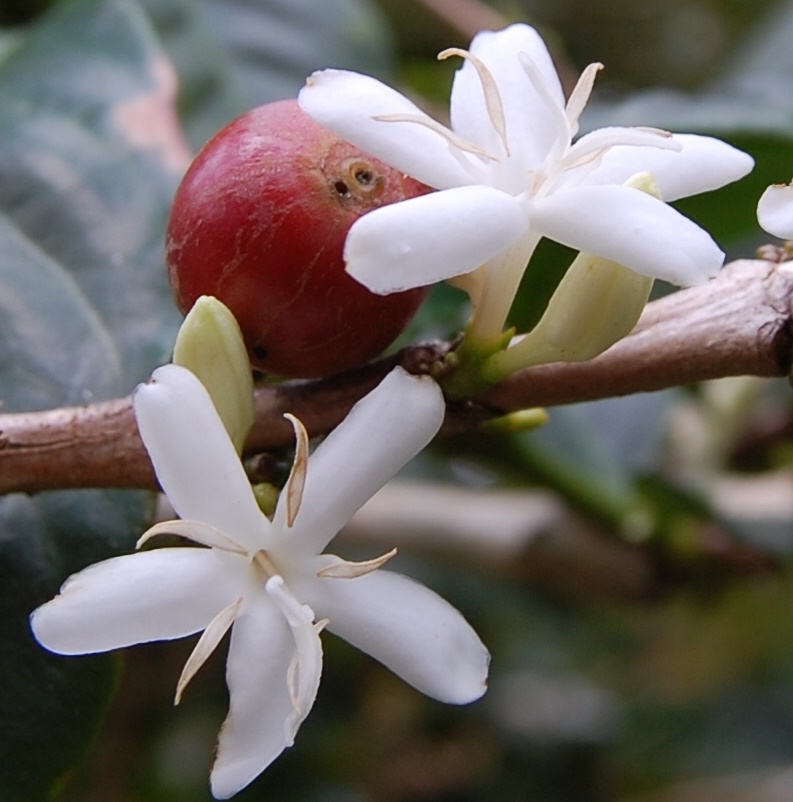A STORY OF FIRST CUP OF COFFEE
Long time ago an legend has it that kaldi (Khalid was a legendary Ethiopian goatherd who discovered the coffee plant around 850 AD or 13th century ).
 |
| kaldi and the dancing goats |
He discovered the energising effects of coffee when he saw his goats getting excited after eating some berries from a tree. then after kaldi came up with the idea of drying and boiling the berries to make a beverage some times later a passing monk observe kaldi .
the monk throw the berries into the fire , grounded it and dissolved it in hot water and so was made the world FIRST CUP OF COFFEE.
THE BEAN BELT
Arabica and Robusta.
THE BEAN BELT
THERE ARE SEVEN MAJOR COUNTRIES
1. MEXICO
2. COLUMBIA 3.BRAZIL 4. IVORY COAST 5.INDIA 6. VIETNAM 7. INDONESIA THE TOP MOST LARGEST PRODUCTION COUNTRIES ARE brazil, columbia, vietnam, and INDIA stand 6th position in the world . The major region of coffee production in india are ( karnataka , kerala , tamil nadu ) |
Coffee traces its origin to a genus of plants known as Coffea. Within the genus there are over 500 genera and 6,000 species of tropical trees and shrubs. Experts estimate that there are anywhere from 25 to 100 species of coffee plants.
The genus was first described in the 18th century by the Swedish botanist, Carolus Linneaus, who also described Coffea Arabica in his Species Plantarum in 1753. Botanists have disagreed ever since on the exact classification, since coffee plants can range widely. They can be small shrubs to tall trees, with leaves from one to 16 inches in size, and in colors from purple or yellow to the predominant dark green.
In the commercial coffee industry, there are two important coffee species — Arabica and Robusta.
 |
| COFFEE PLANT |
ARABICA - These plants require higher altitude to grow which is about 2100 meter. almost 70% of world grow arabica coffee. Arabica beans are bigger in size and oval in shape .
taste : arabica is more acidic , aromatic and has delicate flavour with low body
ROBUSTA- These plants require lower altitude to grow which is about 1000 meters. 30% world grow these species. if we talk about size then it is smaller in size and round in shape.
Taste: Robusta has very low acidity , with heavy body and bitter flavour .
AS we talk about our first coffee cup there are lots of improvement is taken place to make an perfect cup of coffee .
JOURNEY FROM SEED TO CUP
*SEED
from the coffee tree small green cherries appear after 4-5 years.
*HARVESTING THE CHERRIES
the small cherries turn out into bright , deep red when it is ripe and ready to be harvested . Farmers pick these cherries by hand and store them into large basket or sacks.
* PROCESSING
once the beans are picked , processing must begin as quickly as possible to prevent fruit spoilage . Depending on location and local resource beans are processed in one of two ways
1. Dry method
2. Wet method.
DRYING
if the beans have been processed by the wet methods . the green beans must now be dried properly through pulping machine to prepare them for storage .
dried under the sun and monitored regularly.
GRADING AND SORTING
Grading and sorting is done by size and weight and green beans are also reciewed for color flaws r other imperfection .
IMPORTING
only the finest beans are selected and the green beans are then transported or imported to local places or other countries.
ROASTING
The beans are now roasted to enhance the flavour and to develop the rich coffee flavour
GRINDING AND BREWING
THE roasted coffee beans are grinded into power . Finally the coffee powder is brewed to make your cup of coffee'




Very useful information 👍👍.. suitable for study of coffee
ReplyDeleteThat's something very useful! Keep posting such stuff✨
ReplyDeleteBadiya likhe ho Bhaiya....... never seen such detailed information about coffee keep up the good work
ReplyDeleteVery good start, was really short and to the point, keep exploring and providing us with such informations.
ReplyDelete